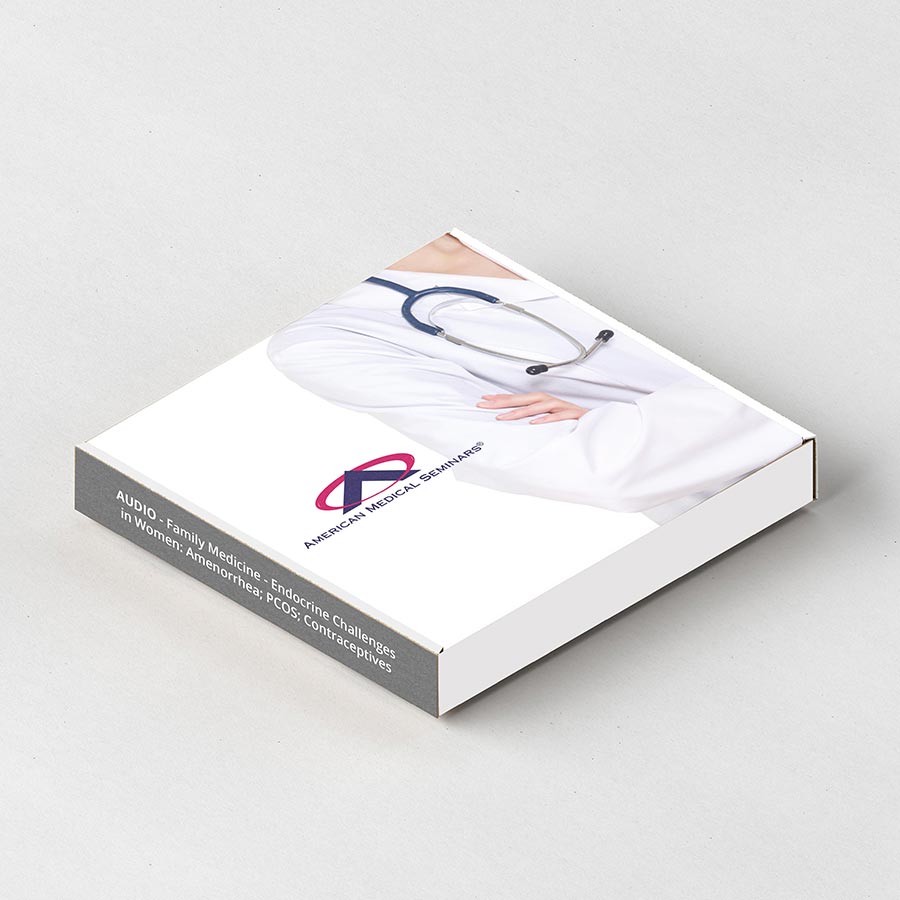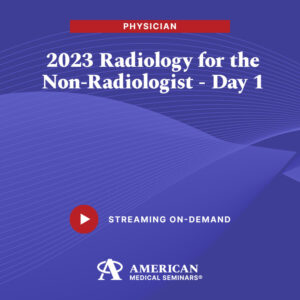Expiration Date: July 1, 2019
Title: Family Medicine – Endocrine Challenges in Women: Amenorrhea; PCOS; Contraceptives
Faculty: Herbert L. Muncie, Jr., M.D.; Albert J. Peters, D.O., F.A.C.O.G.; and Frederick Sunderlin, M.D.
Original Release Date: July 1, 2016 Review Date: July 1, 2017 Expiration Date: July 1, 2019
TOPIC 1: Amenorrhea.
Upon completion of this session, using ACOG Practice Guidelines, the participant should be able to: GL, COMP
- Assess the various causes of primary and secondary amenorrhea and their associated health risks, as well as apply the appropriate evaluation for both.
- Begin a management plan specific to the etiology of amenorrhea.
- Categorize the various anatomic and functional levels of distinction with respect to amenorrhea.
TOPIC 2: Polycystic Ovary Syndrome.
Upon completion of this session, the participant should be able to: COMP
- Review current concepts in risk factors and pathophysiology.
- Develop a simple laboratory screening process for diagnosis.
- Apply understanding of pathophysiology to design a treatment strategy based on specialty society statements.
TOPIC 3: Contraceptive Options – Helping Women Make an Informed Choice.
Upon completion of this session, using the ACOG Practice Guidelines and the Cochrane Abstract Database, the participant should be able to: EBM, GL, COMP
- Appraise the pharmacologic differences in oral contraceptives and their role in contraceptive efficacy.
- Formulate the treatment options for contraception other than oral contraceptives.
- Specify the relative and absolute contraindications to oral contraceptives.
- Relate the circumstances that would be eligible for emergency contraception and the appropriate emergency contraception method for each situation.
- The receipt for any incentive-associated purchase will designate the value of the gift card separately from the cost of the learning activity.
- This incentive may have implications on your tax reporting obligations. Any reimbursed amount must be declared as personal income for tax purposes.


